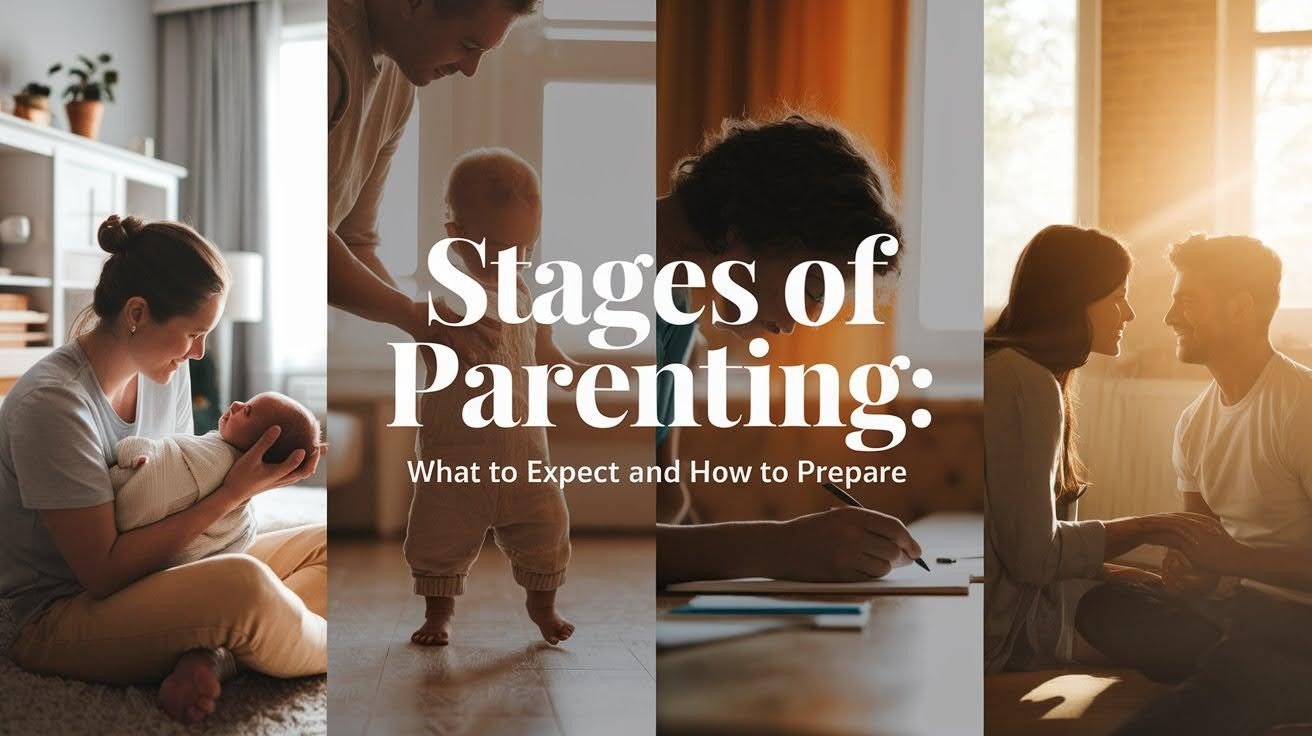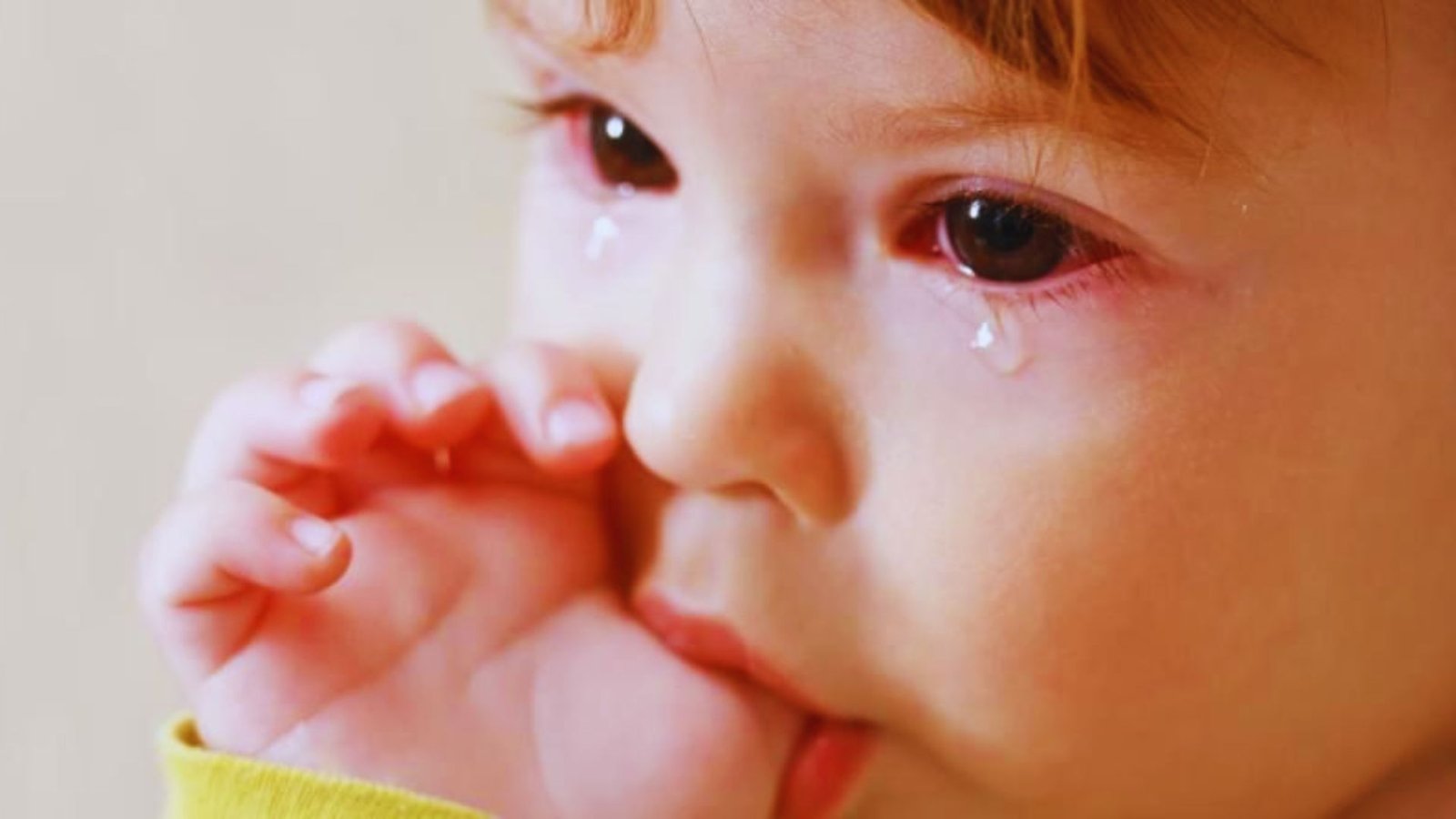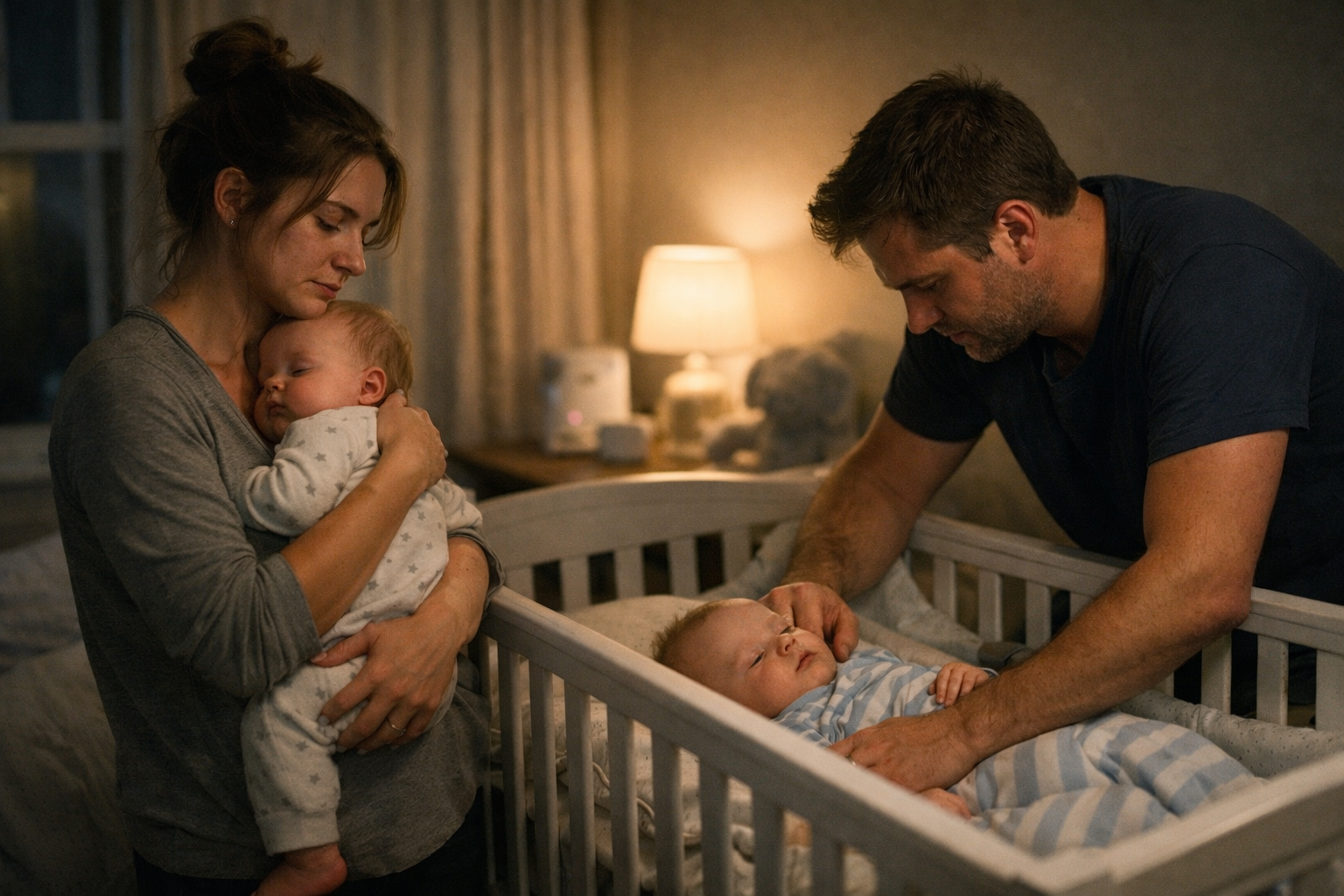Let’s be honest. Parenting actually takes a lot of effort.
When I first had a baby, my thought was that I would only be doing feeding and clothing. But I was actually wrong.
Here’s what I learned the hard way: Your parenting role changes completely as your child grows. What works with a toddler will backfire with a teenager.
This blog will show you the main stages of parenting and exactly what to expect in each one. Also, you will learn how to build the kind of trust that lasts a lifetime.
You are going to feel more confident as a parent after learning and understanding these stages. Also, you will start trusting the process and doubting yourself less.
6 Stages of Parenting
During the first year, meet every need your baby has you’re building their lifelong sense of safety and trust.
Stage 1: The Nurturer/Caretaker (Birth to 1 Year)
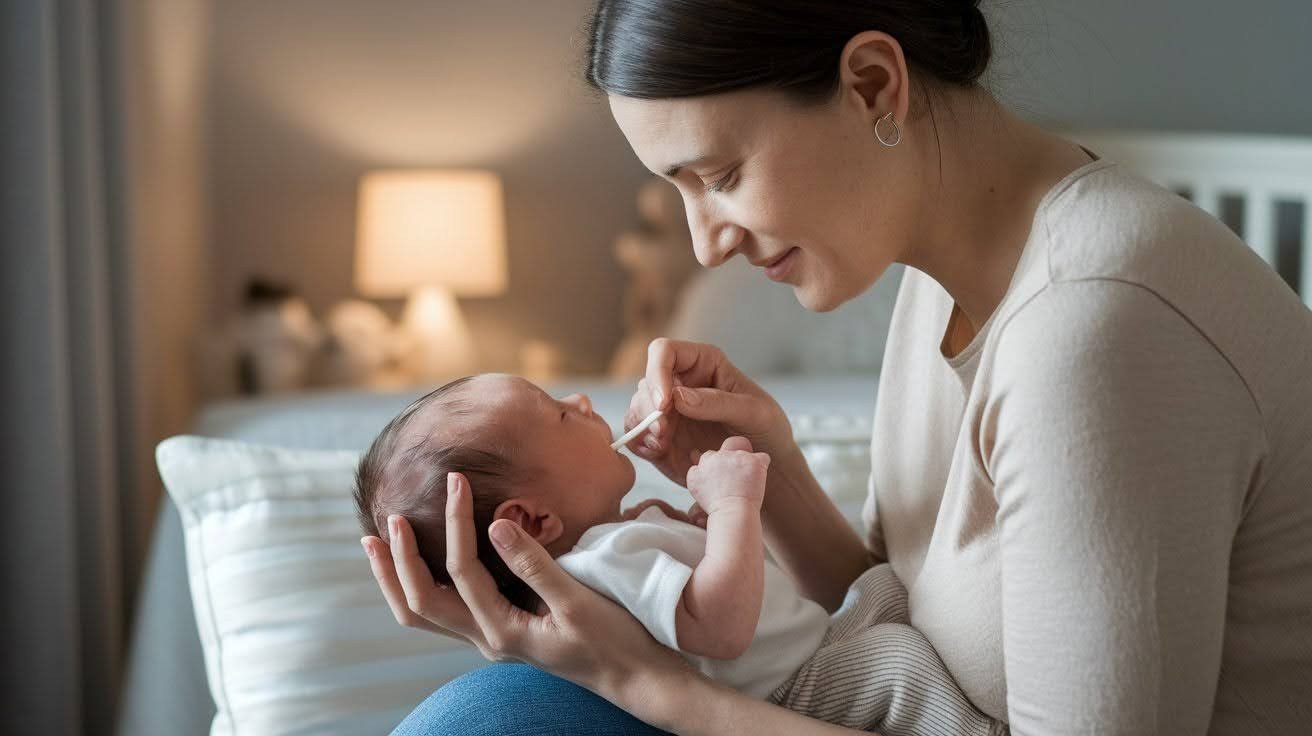
Your baby needs you for everything. You handle all feeding, diaper changes, baths, and comfort. Your main job is keeping them safe and loved.
Every time you respond to their cries, you build their confidence and security for later life. You cannot spoil a baby under one year old.
Stage 2: Setting Boundaries (Ages 1-5)
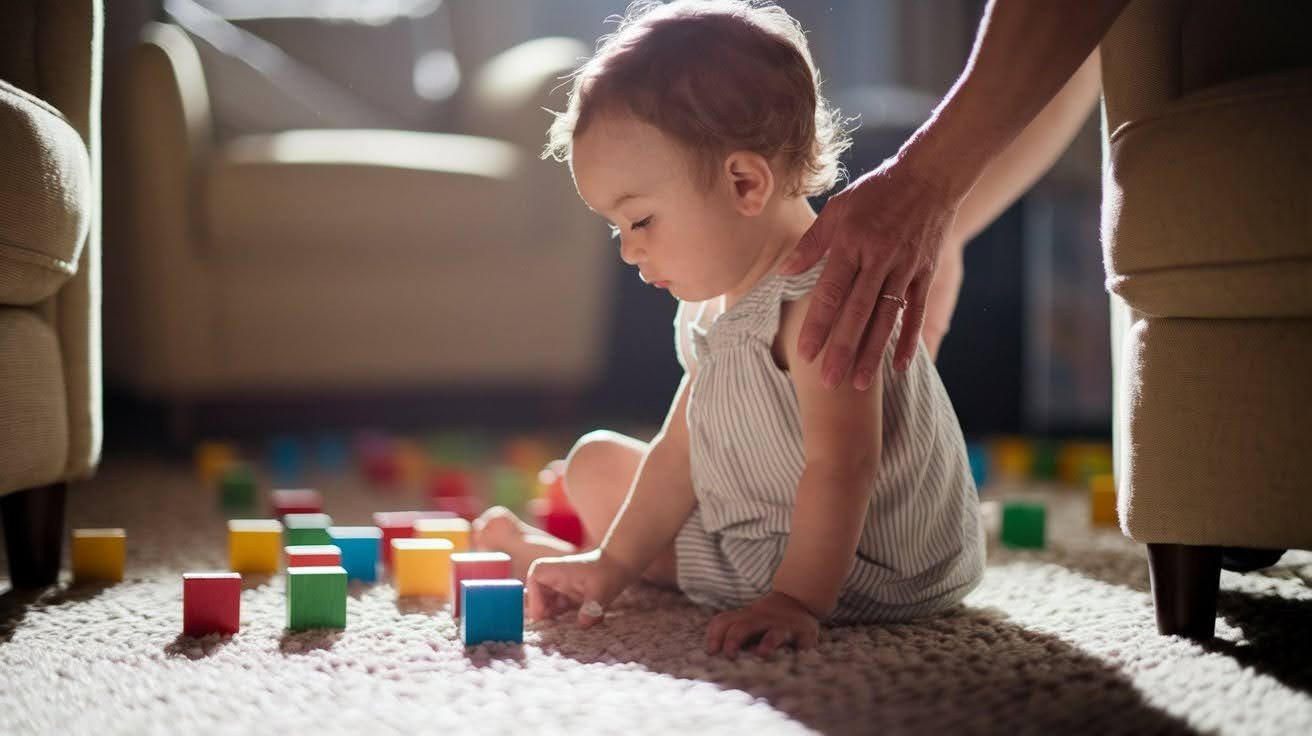
Your child starts testing limits, which is normal and healthy. Set clear, simple rules and stick to them every time. You don’t need to explain every rule to a three-year-old.
Stay calm when they push back – you’re showing them you’re in charge. Consistency is the key to success here.
Stage 3: Teaching the Heart/Educating (Ages 6-12)
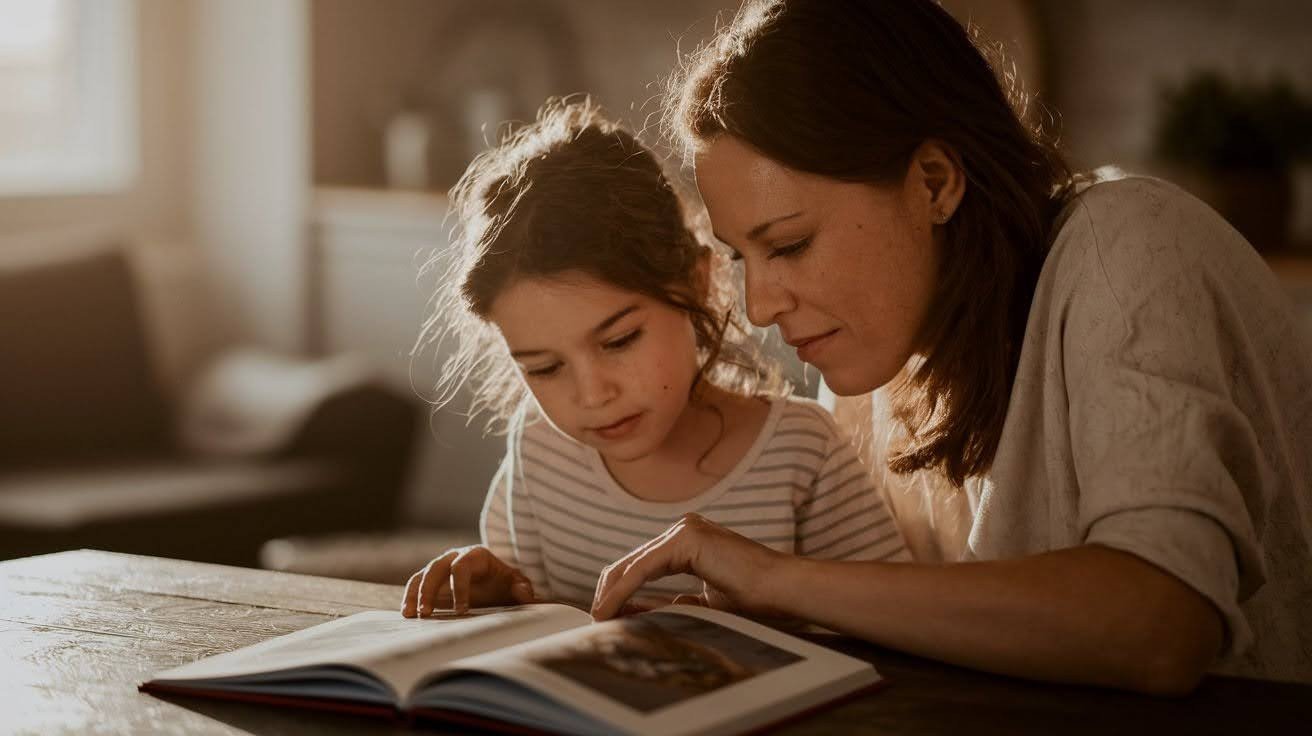
Now your child wants to understand the world around them. Start explaining the “why” behind your rules. Answer their endless questions and have real conversations.
Help them understand right from wrong and let them share their thoughts and feelings. These conversations build their thinking skills and help them own good behavior.
Stage 4: Coaching (Ages 13-18)

Step back and let them practice making choices. You’re like a coach on the sidelines now, giving advice, but let them make the final decision.
Let them learn from their mistakes while they’re still at home with your support. Better they mess up now than when they’re completely alone.
Stage 5: Mentoring (18+ Years)

Your child is now an adult but still learning. You offer wisdom when asked, but respect their independence.
You’re available for guidance, but let them handle their own problems and make their own life choices. This stage requires patience as they figure out adult life on their own terms.
Stage 6: Friendship (Adult Children)

Your relationship becomes more equal. You can enjoy each other’s company as adults. The hard work of raising them is done, and now you get to see the person they’ve become.
This is the reward for all those earlier stages of parenting. You’ve earned this friendship through years of love.
Essential Tips for All Stages
Watch for these clear signs your child is ready for the next stage:
- Your current approach stops working like it used to
- They resist your help more often and push for independence
- They get frustrated when you treat them like they’re younger
- They start saying things like “I can do it myself”
- Each child develops at their own speed, don’t force them into the same mold
- Stages overlap you might set boundaries while explaining reasons behind them
- Practice letting go bit by bit, not all at once
Conclusion
Understanding the stages of parenting changes everything. You now know what to expect as your child grows and how your role needs to shift along the way.
From nurturing your baby to becoming friends with your adult child, each stage has its purpose. When you recognize the signs that your child is ready to move forward, parenting becomes so much easier.
Remember, every child develops differently. Trust your instincts and pay attention to what your specific child needs right now.
You’re not just keeping them alive, you’re raising future adults. And with these stages as your guide, you’ll feel more confident every step of the way.
What stage is your child in right now? Share your experience in the comments below. Other parents would love to hear your story.
Frequently Asked Questions About Stages of Parenting
What are the main stages of parenting?
The main stages of parenting are: Nurturer/Caretaker (birth-1 year), Setting Boundaries (1-5 years), Teaching the Heart (6-12 years), Coaching (13-18 years), Mentoring (18+ years), and Friendship (adult children). Each stage requires different approaches as your child develops and needs more independence.
How do I know when my child is ready for the next parenting stage?
Watch for signs like resistance to your current approach, pushing for more independence, frustration when treated younger than their age, and saying “I can do it myself.” Children naturally show you when they’re ready to move forward through their behavior and reactions.
Do all children go through parenting stages at the same age?
No, every child develops at their own pace. The age ranges are just guidelines. Some kids may need boundaries longer, while others are ready for coaching earlier. Pay attention to your specific child’s needs rather than strict age requirements.
What happens if I stay in one parenting stage too long?
Staying in one stage too long creates problems. Your child will resist more, feel frustrated, and may push back harder. You might treat them younger than they are, which hurts their confidence and independence. It’s important to grow with your child.
Can parenting stages overlap with each other?
Yes, stages often overlap. You might still set some boundaries while explaining the reasons behind the rules. This is completely normal. One stage begins before the previous one ends completely. The key is recognizing which approach your child needs most right now.

